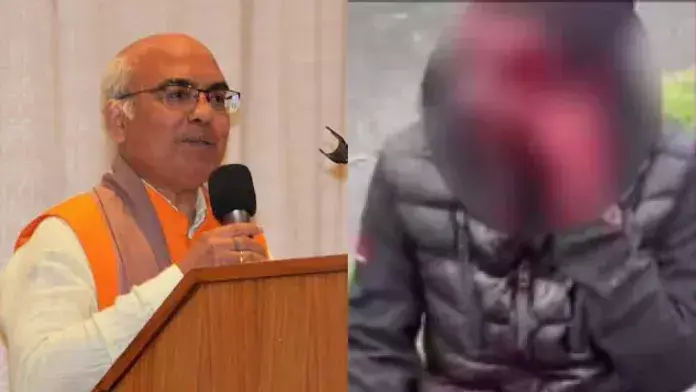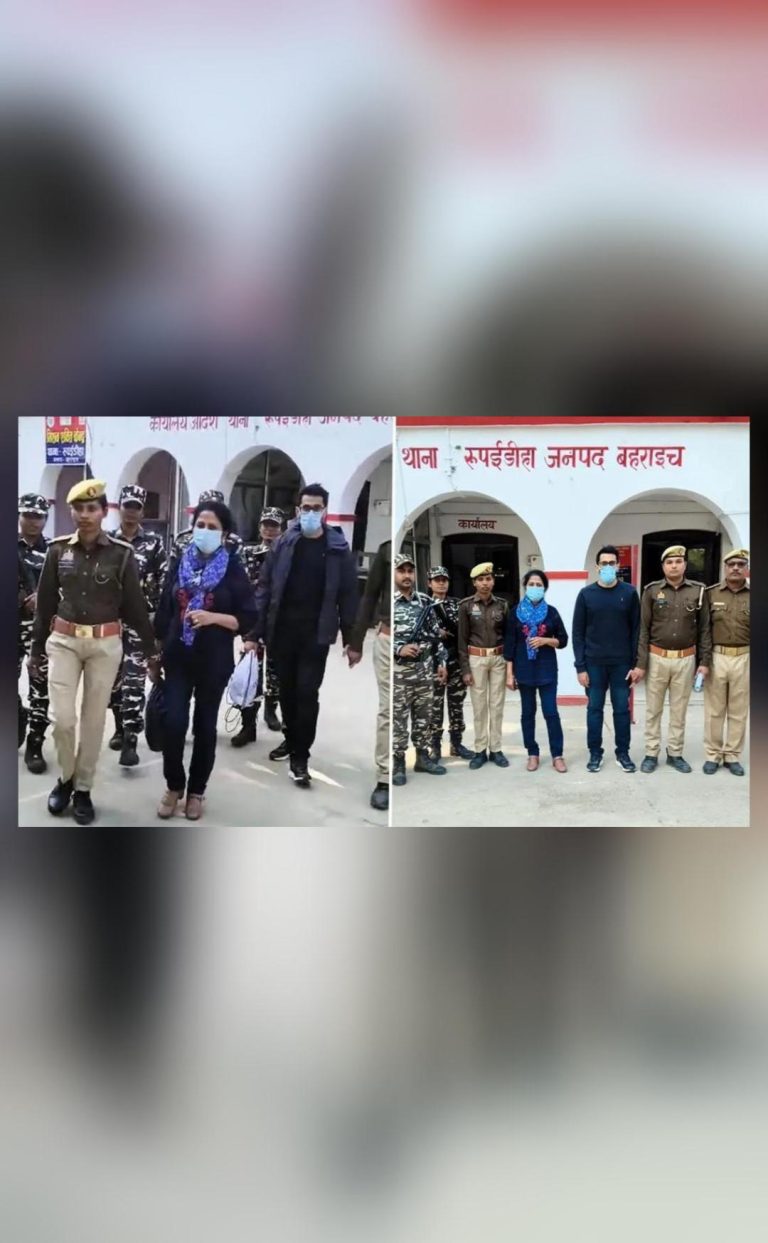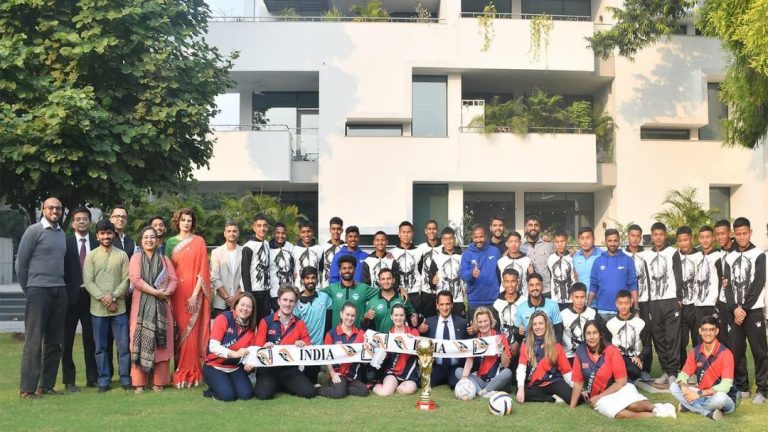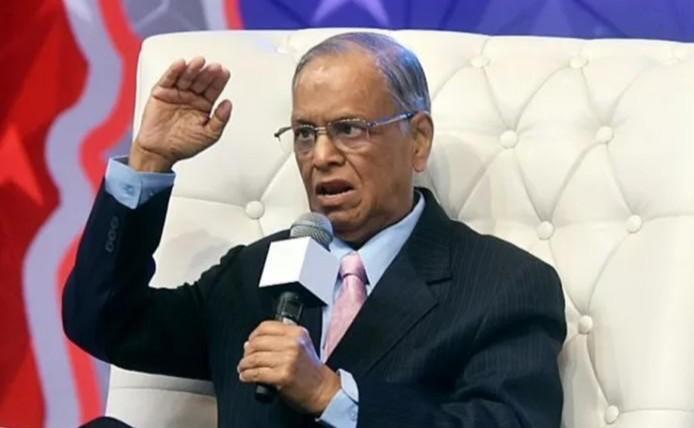
How can ‘alleged’ assault cause such bleeding?: Indian Envoy
The world has witnessed numerous instances of racial attacks and assaults on people from diverse backgrounds, and the recent incidents in Australia and Ireland have sparked widespread outrage. The latest development in these cases is the condemnation by the Indian Envoy, Akhilesh Mishra, of the Dublin assault on an Indian man. In a strongly worded statement, Mishra slammed the media for downplaying the incident, questioning, “How can an ‘alleged’ assault cause such bleeding?”
The incident in question occurred in Dublin, where a group of people allegedly assaulted an Indian national, leaving him with severe injuries. The Irish Justice Minister, Jim O’Callaghan, has also denounced the anti-immigrant rhetoric that has been linked to these attacks. The Garda, Ireland’s national police and security service, is treating the incident as a hate crime.
These attacks are not only a stark reminder of the growing instances of racism and xenophobia worldwide but also highlight the urgent need for governments, civil society, and individuals to come together to combat these evils. In this blog post, we will delve deeper into the recent incidents in Australia and Ireland, explore the reasons behind these attacks, and discuss the measures that can be taken to prevent such incidents in the future.
Background of the attacks
The attacks on Indian nationals in Australia and Ireland have been widely condemned by governments, civil society organizations, and individuals from around the world. The recent incidents in Australia saw a group of men allegedly assault an Indian student in Melbourne, while in Ireland, a group of people allegedly assaulted an Indian man in Dublin.
These attacks have been linked to anti-immigrant rhetoric and a growing sense of xenophobia in both countries. The Irish Justice Minister, Jim O’Callaghan, has acknowledged that these attacks are a result of a growing sense of intolerance and hatred towards immigrants and people from diverse backgrounds.
Condemnation by the Indian Envoy
The Indian Envoy, Akhilesh Mishra, has strongly condemned the Dublin assault on an Indian man, slamming the media for downplaying the incident. Mishra’s statement has been widely covered in the Indian and international media, with many criticizing the media for not giving the incident the attention it deserves.
Mishra’s statement is a stark reminder of the need for governments and civil society to take a strong stance against racism and xenophobia. His words have resonated with many, who are calling for greater action to be taken to combat these evils.
Global implications
The attacks on Indian nationals in Australia and Ireland have global implications, highlighting the growing instances of racism and xenophobia worldwide. These incidents serve as a stark reminder of the need for governments, civil society, and individuals to come together to combat these evils.
The United Nations has long been a vocal advocate for human rights, and its efforts to combat racism and xenophobia are crucial in this regard. The UN’s Sustainable Development Goals (SDGs) include a commitment to promoting peaceful and inclusive societies, which is essential in combating racism and xenophobia.
Measures to prevent such incidents
Preventing incidents like the attacks on Indian nationals in Australia and Ireland requires a multifaceted approach. Governments, civil society, and individuals must work together to combat racism and xenophobia, promoting a culture of tolerance and acceptance.
Some measures that can be taken to prevent such incidents include:
- Promoting education and awareness: Education and awareness campaigns can help to combat racism and xenophobia by promoting a culture of tolerance and acceptance.
- Strengthening laws and policies: Governments must strengthen their laws and policies to prevent and punish hate crimes, promoting a culture of accountability and justice.
- Building bridges between communities: Building bridges between communities can help to promote understanding and acceptance, combating racism and xenophobia.
- Encouraging community engagement: Encouraging community engagement and participation can help to promote a sense of belonging and inclusivity, combating racism and xenophobia.
Conclusion
The attacks on Indian nationals in Australia and Ireland are a stark reminder of the growing instances of racism and xenophobia worldwide. These incidents serve as a stark reminder of the need for governments, civil society, and individuals to come together to combat these evils.
The Indian Envoy’s condemnation of the Dublin assault on an Indian man is a powerful reminder of the need for strong leadership and action to combat racism and xenophobia. As we move forward, it is essential that we promote a culture of tolerance and acceptance, encouraging education, awareness, and community engagement.
By working together, we can create a more inclusive and accepting society, promoting a world where everyone can live with dignity and respect.
Source:





